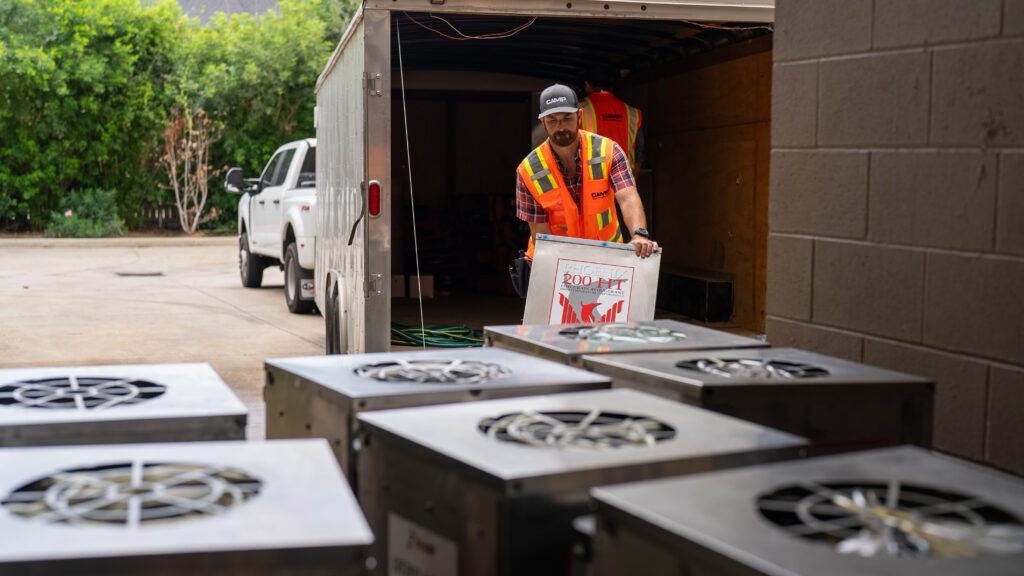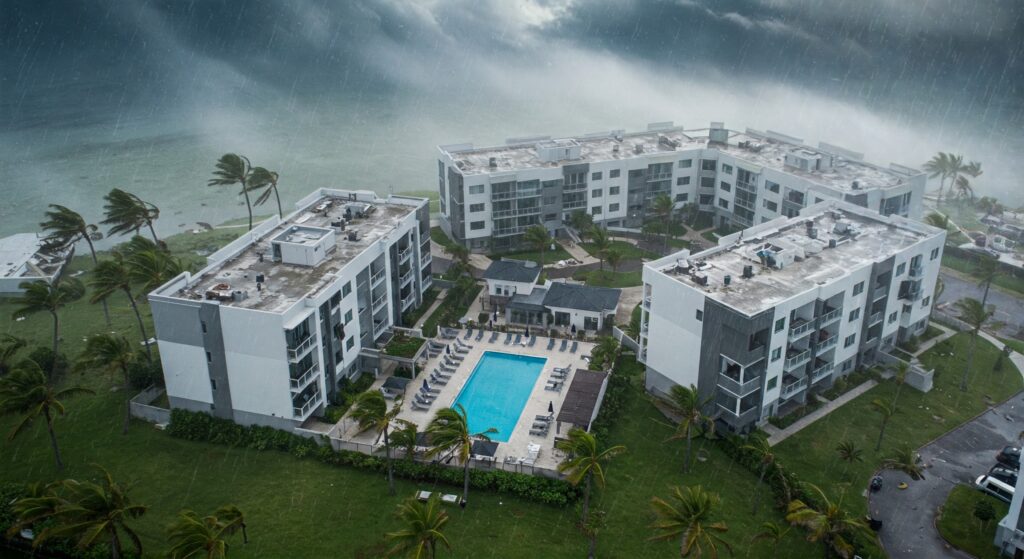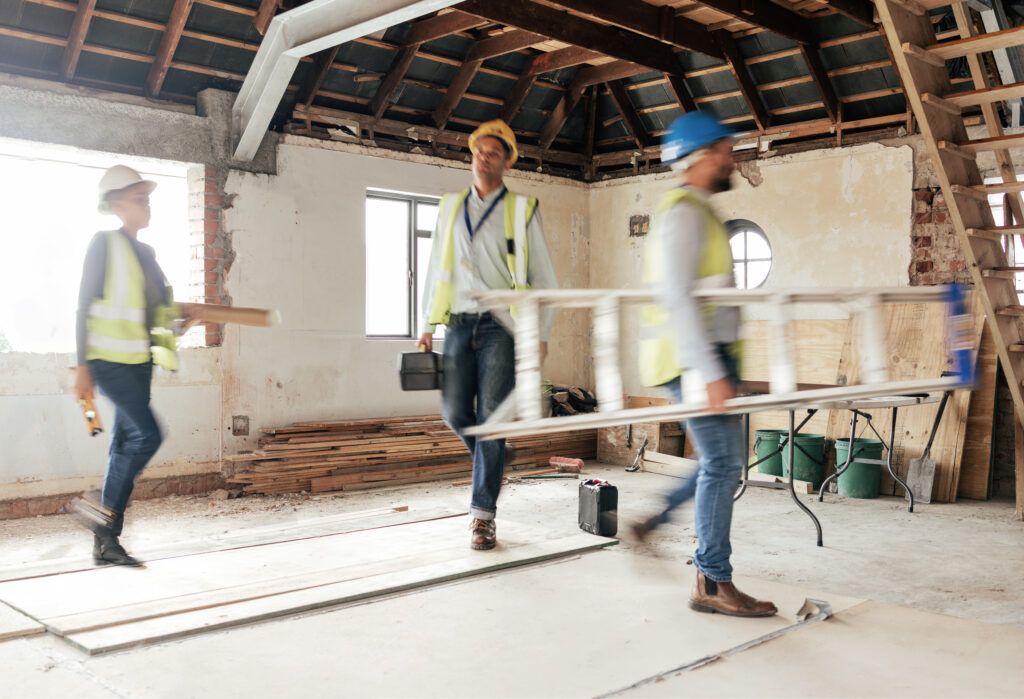Commercial and multifamily buildings rely heavily on a well-functioning plumbing system to ensure smooth operations. However, plumbing problems can be a significant inconvenience, disrupting daily activities and leading to costly repairs.
7 Common Commercial Plumbing Problems
CAMP’s expert team has compiled the most common commercial plumbing problems and tips on how to avoid them, ensuring a trouble-free plumbing system for your commercial or multifamily building.

1. Clogged Drains and Sewer Lines
Clogged drains and sewer lines are among buildings’ most prevalent plumbing issues. They can result from a buildup of debris, grease, or even tree root intrusion. To prevent this issue, regular drain cleaning and maintenance are essential. Implementing a schedule for professional drain cleaning can help remove any blockages and prevent future clogs. Educating residents and employees about proper disposal practices, such as not flushing non-flushable items down toilets, can also minimize the risk of clogs.
2. Leaking Pipes and Faucets
Leaking pipes and faucets not only waste water but can also cause significant damage to a building’s structure. Regularly inspecting all plumbing fittings and fixtures, including pipes, faucets, and valves, can help identify any leaks early on. Promptly repairing or replacing worn-out or malfunctioning components can prevent more significant problems down the line. Installing water-saving faucets and fixtures can also help reduce water waste. A professional team like CAMP can help with regular maintenance and inspections.
3. Water Heater Issues
A reliable and efficient hot water supply is crucial in commercial and multifamily buildings. Water heater problems, such as inadequate heating, fluctuating water temperatures, or leaks, can cause disruptions to daily operations. Regular maintenance, including flushing the water heater and inspecting it for signs of wear and tear, is essential to keep it functioning optimally. It’s also important to ensure that the water heater is appropriately sized to meet the demands of your building and that the temperature settings are adjusted properly to prevent scalding or unnecessary energy consumption.
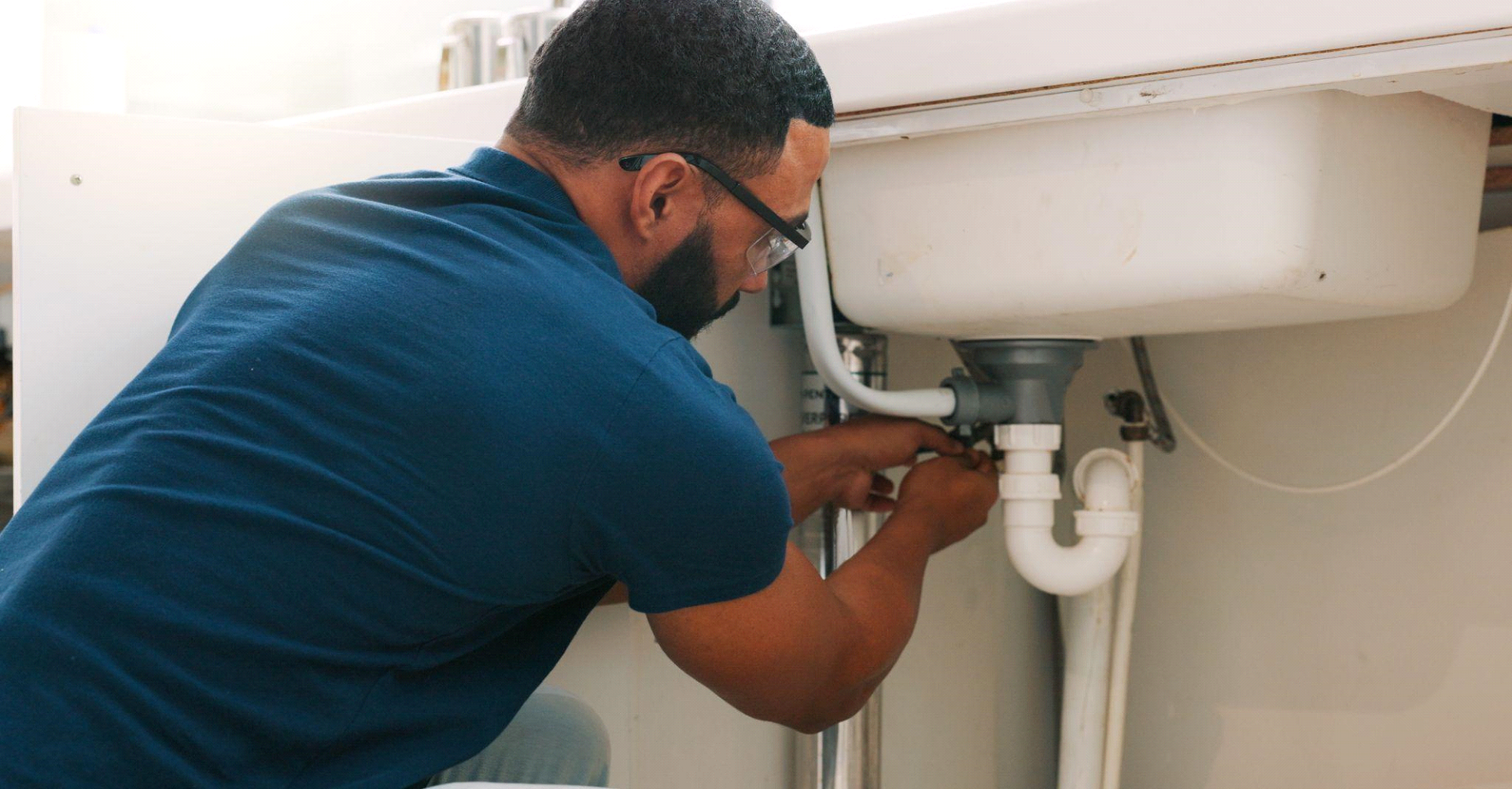
4. Backflow Problems
Backflow occurs when contaminated water flows back into the clean water supply, posing a serious health hazard. To avoid backflow issues, installing backflow prevention devices and having them tested regularly to ensure they are functioning correctly is essential. Engaging a licensed plumber who is familiar with local regulations and can perform required backflow testing and maintenance is key to preventing backflow problems.
5. Poor Water Pressure
Poor water pressure can be frustrating for occupants and affect various building operations. Common causes of low water pressure include old or corroded pipes, mineral buildup, or pressure regulator malfunctions. Regular inspections of plumbing systems, including the main water line and valves, can help identify any weak points and maintain proper water pressure. If necessary, replacing faulty pipes or adjusting the pressure regulator can help restore optimal water flow.
6. Frozen Pipes
Frozen pipes are a common plumbing problem in colder climates that can lead to burst pipes and extensive water damage. Proper insulation of exposed pipes, especially in unheated areas, is crucial to prevent freezing. Applying insulation sleeves or tapes can help maintain a stable temperature and protect the pipes from freezing. Furthermore, keeping the building heated during colder months and allowing faucets to drip during freezing periods can help prevent pipe freezing.
7. Septic System Issues
For buildings that operate on a septic system, failing to properly maintain it can lead to costly repairs and health hazards. Regular septic tank inspections, professional pumping, and adhering to proper usage guidelines can help prevent septic system issues. Implementing a routine maintenance plan and educating occupants about the dos and don’ts of septic system usage is essential to avoid any major septic system failures.
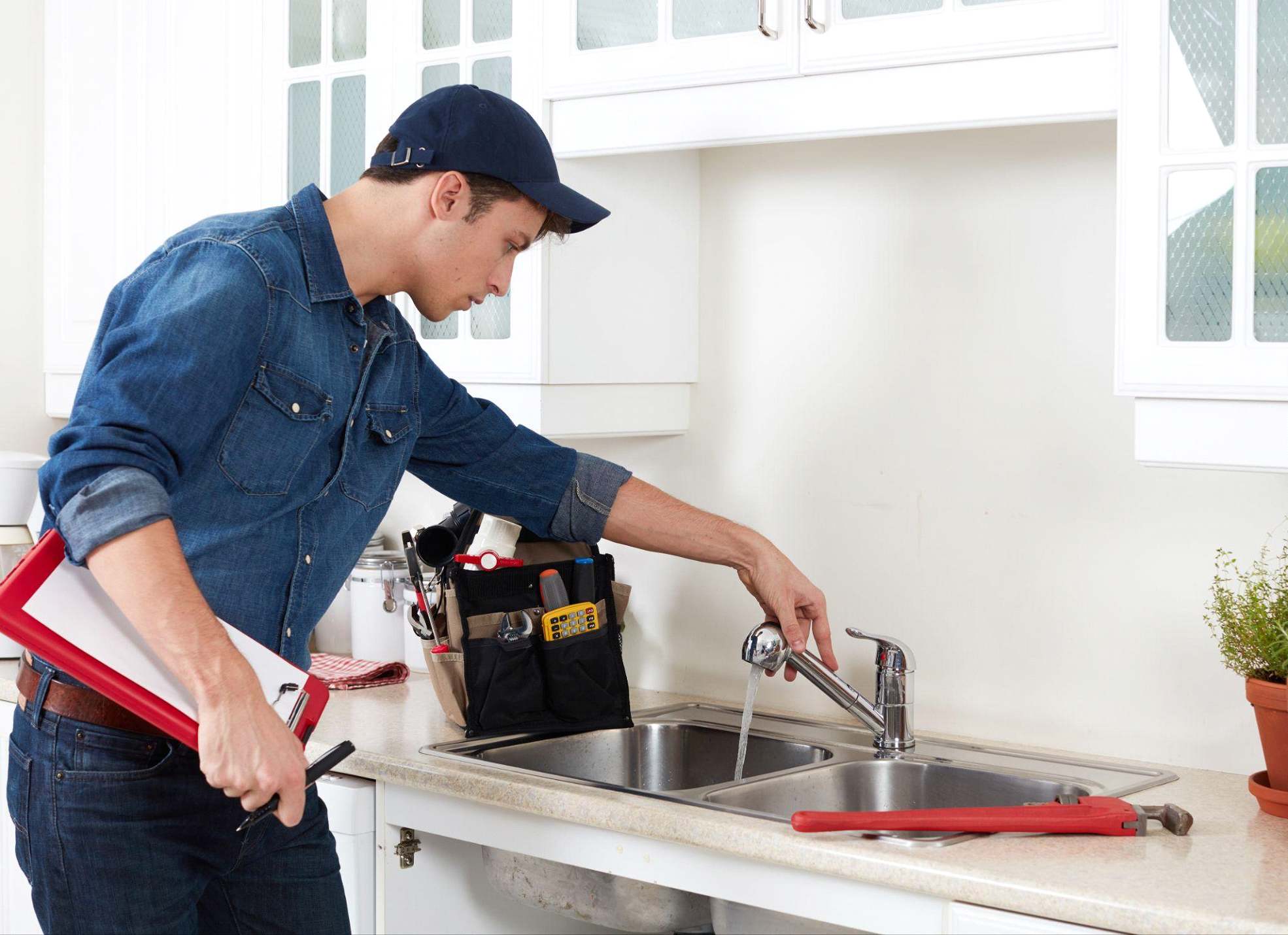
Leave Commercial Plumbing Problems to the Professionals
Are you in need of expert commercial plumbers to tackle all your plumbing needs? Look no further than CAMP. Our extensive experience and commercial plumbing expertise make us your go-to solution for any plumbing problem. From routine maintenance and repairs to complex installations, CAMP has you covered. Keep plumbing issues from disrupting your business operations – contact CAMP today!
